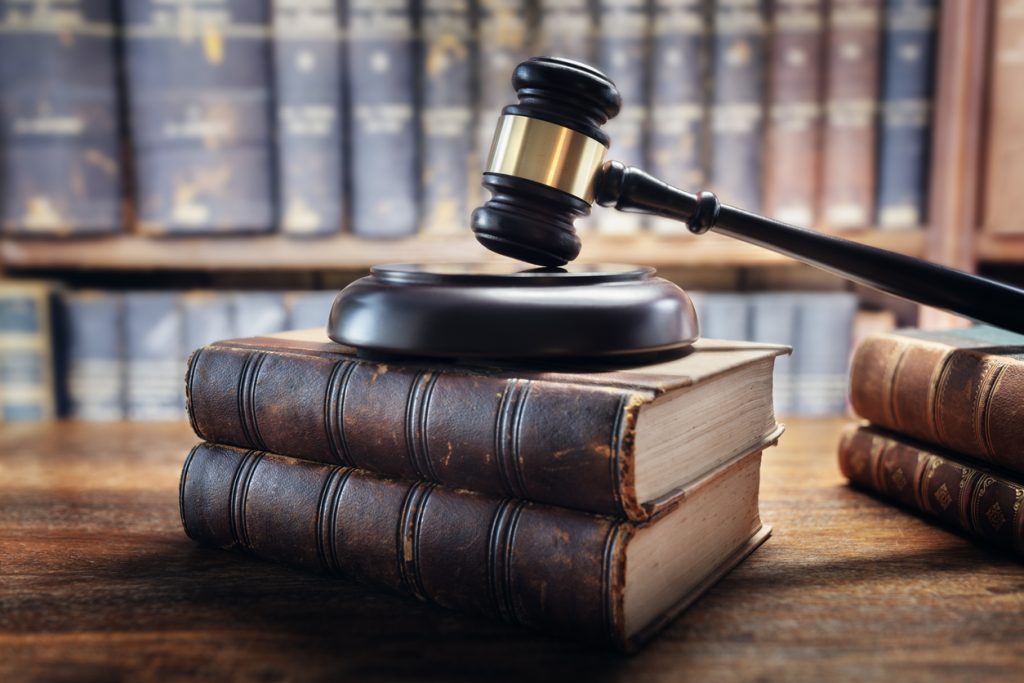What does it mean to be “put on the registry” in Canada? For those convicted of certain types of crimes, an outcome of their conviction may be that they are required to register with the police according to the Sex Offender Information Registration Act (“SOIRA”). The reporting requirements are onerous and can last for years, even decades. However, since 2023, registration is not mandatory except in a narrow range of cases. If you are accused of a sexual offence, you should know what SOIRA registration means and how it can affect you if you are convicted.
Table of Contents
- What is SOIRA?
- SOIRA’s Reporting Requirements
- Mandatory vs. Discretionary Registration
- The Role of a Criminal Defence Lawyer
- Next Steps – For Those Accused and For Those Convicted
What is SOIRA?
The Sex Offender Information Registration Act (“SOIRA”) has been around since 2004. The purpose of the registry is to help police investigate and stop sexual crimes by having a central registry of information about those convicted of such crimes. From 2011 until 2022, if you were convicted of a designated offence, you were automatically required to register. Since the 2022 Supreme Court case of R v Ndhlovu, and the resulting legislative changes, Judge’s now have discretion not to require registration if you are convicted of a sexual offence.
For those accused of a sexual offence, and for those convicted between 2011 and 2022, it is important to be aware of what SOIRA is, what it requires you to do, and what options you have moving forward.
SOIRA’s Reporting Requirements
Television shows from the United States may show a person who has recently moved into a neighbourhood going door to door to report to their new neighbours that they have been convicted of a sexual offence. That is not how it works here in Canada. If you are required to register, you do not have to tell your neighbours, nor is there a public website where a person can find out if you are on the registry.
In Canada, the registry is only available to police and only for investigative purposes. The information is tightly protected. However, this does not mean that being required to register should not concern you.
If you are ordered to register, you will need to fulfill the following requirements:
- Initial Registration
You must report in person to your local police service within 7 days of:
- Being released from custody, or
- The date the SOIRA order is made (if not in custody).
2. Annual Reporting
You must report once a year, in person, to update or confirm your information.
3. Reporting Changes
You must notify the police within 7 days of any of the following changes:
- Address (residential or secondary)
- Name (including aliases)
- Employment or volunteer work
- Education or training
- Travel plans (if leaving the area for more than 7 consecutive days)
- Any other personal information required (ex. A new tattoo)
4. Provide Personal Information
You are required to provide and update personal details, including:
- Current addresses
- Date of birth
- Phone numbers
- Physical description and identifying features
- Driver’s licence and vehicle information
- Passport and travel documents
5. Remain Compliant
- Non-compliance (e.g., failing to report or provide accurate information) is a criminal offence, punishable by further legal consequences, including fines and imprisonment
Combined, these reporting requirements can be frustrating, onerous, and carry the danger of further criminal charges unless you remember to report every change, every trip over 7 days, and go in person each year to a police detachment to check in. For many, these reporting requirements continue for many years after they have served their sentence and are trying to reintegrate back into society.
Mandatory vs. Discretionary Registration

For a narrow range of cases, SOIRA registration is mandatory (e.g., the victim is under 18, the Crown proceeds by indictment, and the sentence is for 2 years or more).
For all other cases involving designated offences, the sentencing Judge can decide not to order registration if the accused can show their registration bears “no connection” to the purpose of SOIRA or that the order would be “grossly disproportionate” in the circumstances.
- “No Connection” – This type of exception exists where the accused can show that, because of their circumstances, their information will not assist the police in the investigation or prevention of sexual crimes. This may be because the accused is quite elderly, so is unlikely to commit any other sexual offence, or perhaps the accused can show they have a very low risk to reoffend (though forensic risk assessment, for example).
- “Grossly Disproportionate” – This type of exception exists where the accused can show that the reporting requirements will significantly impact them in a way that is greater than for most other offenders. This may be because the accused travels regularly for work (so travel reporting requirements would be too onerous) or because the accused lives in a very small community where their privacy will be significantly impacted by the reporting requirements.
For each of the two exceptions, it falls to the accused to convince the sentencing Judge that they should not be required to register. That is where an experienced Defence Lawyer can help.
The Role of a Criminal Defence Lawyer
The Defence Lawyer will be able to provide strategic assistance to the accused at each step of the criminal justice process.
- Pre-conviction – A Defence Lawyer may be able to negotiate a resolution with the Crown prosecutor that involves charges which will not require SOIRA registration. They may also be able to make suggestions to the accused regarding steps they can take prior to trial, which will help avoid SOIRA registration in the event they are convicted.
- Post-conviction – A Defence Lawyer can provide a strategic argument to the sentencing Judge explaining why a SOIRA order is not appropriate for their client because registration bears “no connection” to the purpose of SOIRA or would be “grossly disproportionate” in the circumstances. This will include citing case law to demonstrate decisions of other judges that support this position, and highlighting aspects of the accused’s work and life circumstances that weigh against requiring the accused to register.
Next Steps – For the Accused and the Convicted
If you are facing criminal charges, consultation with a qualified Defence Lawyer is an important step that should be taken as soon as possible. Early advice can help you understand your options, and the actions suggested by a Defence Lawyer can help convince a judge not to impose a SOIRA order should you be convicted.
If you were convicted of a sexual offence between 2011 and 2023, you can apply for an exemption from the mandatory SOIRA order that was imposed at your sentencing. Speaking with a qualified Defence Lawyer is important in order to understand the steps involved and to ensure your interests are fully represented before the court if you apply for an exemption order.

